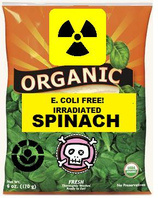President Obama this week declared war on the Chinese Poison Train, announcing that the FDA will receive $1 billion in new funds for modern testing labs and additional food safety inspectors. Inspecting less than 5% of our food processing plants is apparently a “hazard to public health, and “it is unacceptable.” So what’s really behind the new policy shift? No, it’s not those melamine murders or salmonella outbreaks. It’s seven-year-old first daughter Sasha Obama!
food safety

Judge To Growers: Pasteurize Your Almonds
Finally, you can nosh on delicious almonds safe in the knowledge that they’re pasteurized and salmonella free. A federal judge this week tossed out a lawsuit aimed at blocking new rules from the Department of Agriculture requiring growers to pasteurize their almonds. Growers are now whining that U.S. consumers area about to get hooked on raw yet dangerously delicious European almonds.
../../../..//2009/03/12/our-food-safety-problems-have/
Our food safety problems have been solved! [The Onion]
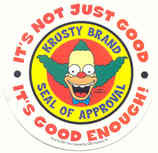
Private Food Safety Inspectors Routinely Give Seal Of Approval To Dangerous Food
Large companies routinely rely on private audits to prove that their food is safe even though private auditors are dangerously incompetent, according to a New York Times investigation. The private auditor who inspected the Peanut Corporation of America plant responsible for unleashing the massive salmonella contamination was trained to audit bakeries and repeatedly gave the plant a “SUPERIOR” rating, partly because he “never thought that [salmonella] would survive in the peanut butter type environment.”
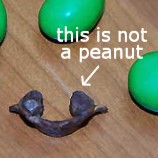
Woman Finds Tiny Mammal Vertebra In Peanut M&M
A woman in Atlanta bit into a blue peanut M&M and discovered a tiny, blackened bone, probably from a nut obsessed animal who crept into the M&M to eat the peanut, then died of remorse. A Mars rep told the customer it was probably just a peanut twig. Whatever; by our estimations, this animal is most likely smaller than a peanut M&M, but has a comically wide and very short neck. Hmm, maybe we should instead ask an expert to deduce where this bone came from, which is what the customer did.

Tainted Peanut Butter Problems Will Go On For Some While, Says FDA
Our sister blog at ConsumerReports.org notes that “current salmonella outbreak caused by tainted peanuts could drag on for as long as two years,” according to the FDA. The Peanut Corp of America may be history, but because peanut butter has such a long shelf life, and because they’re still adding products to the recall list, there may be food items lurking in pantries across the U.S. that are loaded with disease-causing peanuty badness.

Obama Administration Asks Meat Industry To 'Voluntarily' Follow Stricter Labeling Guidelines
Earlier this week, U.S Agriculture Secretary Tom Vilsack told consumer groups that “he will ask the meat industry to voluntarily follow stricter guidelines for new package labels designed to specify a food’s country of origin.” If they don’t comply, “the administration will write new rules.” The request won’t please meat packing companies, who often mix Mexican with U.S. beef before selling it.

How Does Salmonella Get Into Peanut Butter? Bird Feces.
Here’s something you probably don’t want to know, but we’re going to tell you anyway. Scientific American interviewed Michael Doyle, director of the Center for Food Safety at the University of Georgia to find out how salmonella got into peanut butter in the first place. His theory? Bird Feces.
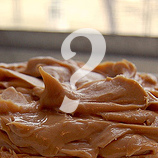
So, Who's To Blame For The Salmonella Outbreak? PCA, The FDA, The CDC…
We know there’s salmonella story fatigue setting in, but this new overview from yesterday’s Senate hearing is the best yet as far as piecing together exactly how salmonella-tainted peanut butter made it into our food supply for such a long period of time, and why it took so long to trace it back to a single rotten peanut plant in Georgia. Ultimately the blame lies with Peanut Corporation of America (PCA) for failing to maintain its factory and for not destroying lots that tested positive for salmonella, but both the FDA and the CDC had a role in it, too. One example: the FDA didn’t even know the plant produced peanut butter or peanut paste until 2007.
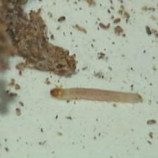
"There Are Worms In My Goobers!"
Out of an abundance of caution, Dollar General has ordered its stores to remove Goobers candy from its shelves and is programming its point-of-sale systems to block transactions of this product pending further investigation.”
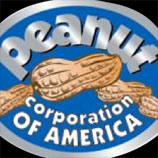
Peanut Corp Says Salmonella Plant Was Regularly Inspected, Given Good Ratings
Peanut Corp. of America is now saying that its Georgia plant was regularly inspected by the FDA and given a “meets or exceeds” rating. This doesn’t excuse the company from its own failings, but we think it points out what President Obama recently noted, which is that the FDA inspection system doesn’t seem to work very well.
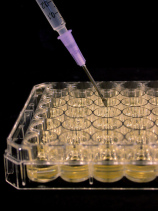
How Unscrupulous Food Manufacturers Manipulate Lab Tests
In yesterday’s Peanut Corp. post, our commenter microguy07828 left a detailed explanation of how food manufacturers sometimes play dirty when it comes to getting the lab results they want on a product. We though it deserved more visibility in light of yesterday’s accusation that the Peanut Corp. of America knowingly shipped tainted peanut butter. As microguy07828 puts it, it “happens more often than you would think.”
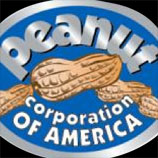
Peanut Corp. of America Knowingly Shipped Tainted Peanut Butter
The news about Peanut Corp. of America’s complete abandonment of food safety gets worse: now it seems that the company knew its peanut butter had salmonella, but shipped it anyway. When the product tested positive, the company shopped around for another lab to provide “acceptable” results.
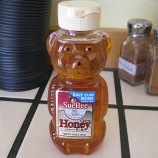
Who's Watching Our Nation's Honey Imports? Pretty Much No One
The Seattle P.I. reports that “two-thirds of the honey Americans consume is imported and almost half of that, regardless of what’s on the label, comes from China.” The first problem with that is some Chinese honey is “tainted with banned antibiotics” such as ciprofloxacin and chloramphenicol. The second problem, according to U.S. honey producers who are upset about the lack of oversight, is that whenever contaminated honey is discovered, many companies just sent it back to the importer and never tell the FDA—which means it can be resold elsewhere, including to other U.S. packers.
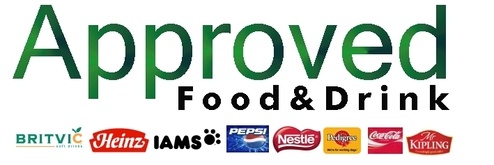
Impoverished Consumers Overwhelm British Site That Sells Expired Food
Impoverished and hungry Britons can’t get enough of Approved Food, a site that sells expired but still edible food for up to half off. Even after shutting down for two days to grapple with a ten-fold rise in traffic, the site warns that they still have to process 12 days worth of backorders. But can’t expired food give you salmonella or herpes, you ask? Nope! FDA regulations don’t require most foods to carry expiration dates, and selling expired food isn’t a violation of federal law.

As Salmonella Recall Expands, FDA Warns Consumers To "Postpone Eating" Many Peanut Butter Products
The FDA still hasn’t tracked down all that yummy salmonella-contaminated peanut butter, and until they do, they want consumers to stop eating all “commercially-prepared or manufactured peanut butter-containing products and institutionally-served peanut butter.” No, this doesn’t mean the jar of Skippy on your shelf, but it does seem to cover cookies, cakes, and ice cream; pretty much any shrink-wrapped peanut butter snack.
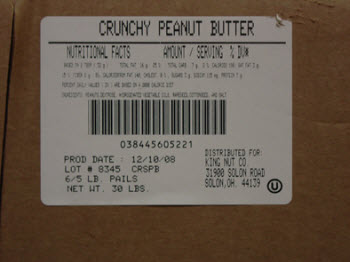
Salmonella Peanut Butter Explains Some, But Not All Illnesses
For those of you following along with the 3-month-long salmonella outbreak — the Minnesota Department of Health has confirmed that the strain of salmonella in the commercial peanut butter is the same as the one causing the outbreak.
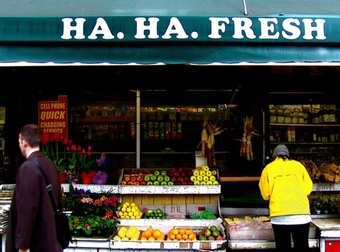
Is Local Food Safer Than Industrial Food?
So food from green markets and community supported agriculture is cleaner and healthier than that grocery store schmaltz, right? Not so fast, says E.coli litigation king Bill Marler, who recently wrote that convincing local food producers to keep their food clean will be one of the top ten food safety challenges of the year.


